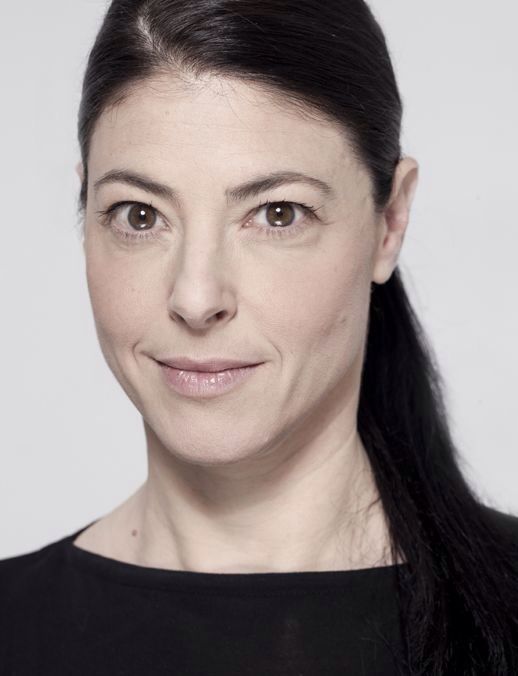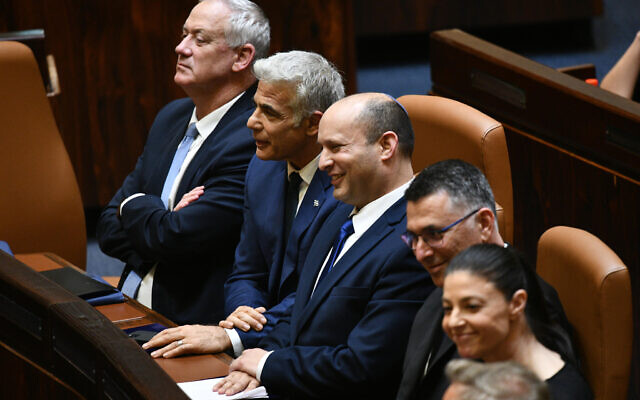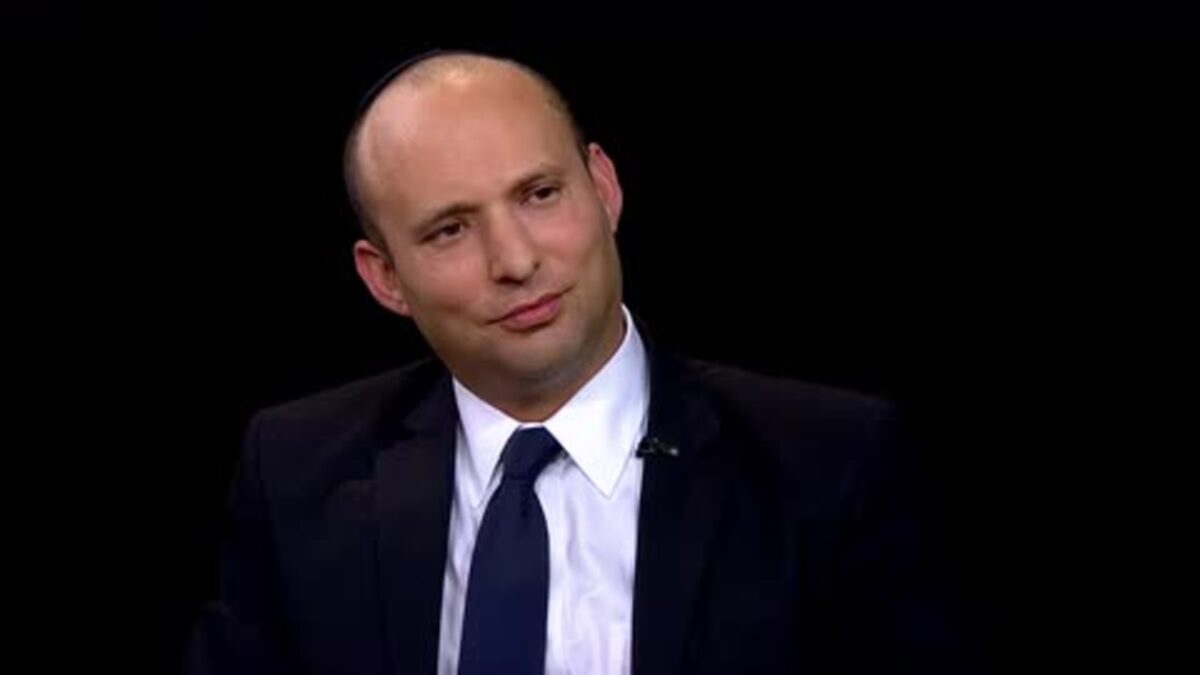With a little more than 100 days having elapsed since he succeeded Benjamin Netanyahu as Israel’s prime minister, Naftali Bennett has hewed to the status quo with respect to two major interrelated issues — the Palestinians and Israeli settlements in the West Bank.
Bennett leads an extremely diverse coalition consisting of eight of the 13 parties that won seats in the last general election in March. It includes right-wingers like himself and Justice Minister Gideon Saar, centrists like Foreign Minister Yair Lapid and Defence Minister Benny Gantz, center/leftists like Transportation Minister Merav Michaeli, and leftists like Health Minister Nitzan Horowitz.

It is supported from the outside by Ra’am, an anti-Zionist Islamic Arab party headed by Mansour Abbas.
It is a fractious coalition, held together by its members’ fierce resolve to keep Netanyahu, a highly divisive figure, out of power permanently.
Consequently, Bennett has little room to maneuver or to advance his pet project of annexing nearly two-thirds of the West Bank. As he said last month, “I’m prime minister of all Israelis, and what I’m doing now is finding the middle ground.”

Bennett, the leader of the far-right Yamina Party, has only seven seats in the Knesset, the fewest of any prime minister in Israeli history. He became premier after Israel’s third election in two years and only after Lapid, the alternate prime minister, agreed to abide by a rotation agreement under which Bennett will serve in his present position until August 2023.
As he has already indicated, Bennett intends to focus on domestic matters. He wants to contain the coronavirus pandemic, which has killed more than 7,000 Israelis since 2020. He seeks to revive the economy, which has been damaged by the deadly contagion. And he hopes to rebuild the country’s infrastructure.
These are non-controversial bread-and-butter issues on which all the ministers in his cabinet can agree.
That’s where the unanimity ends. Bennett realizes he does not have a mandate to deal with vital security matters pertaining to the Palestinians. It could upend his coalition.
Or as Bennett said recently, his government’s “claim to fame” will be setting aside Israel’s conflict with the Palestinians. He will neither annex territory in the West Bank, a course of action he has advocated, nor will he acquiesce to Palestinian statehood.
“I oppose a Palestinian state,” he said on September 14. “I think it would be a terrible idea. I won’t do that.”
In his view, no political breakthroughs on the Palestinian front will be possible as long as he sits in the prime minister’s seat. Ruling out the possibility of restarting peace talks with the Palestinian Authority, he has said, “We all understand that at the moment it’s not relevant.”
However, he is willing to take steps to reduce friction with the Palestinians in the West Bank. Like Gantz, Bennett believes that Israel should maintain connections with the Palestinian Authority so as to preserve security coordination and maintain calm.
But as he has noted, his government intends to expand the network of Jewish settlements in the West Bank, which is claimed by the Palestinians. “Israel will continue the standard policy of natural growth,” he said.
Within days of Bennett’s ascension to his current post this past June, the Ministry of Defence announced that 31 new construction projects will get underway in existing Israeli settlements. A shopping mall will be built in Mishor Adumim, a special needs school will be constructed in Elkana, and yeshivas and synagogues will be erected in Kfar Adumim and Karnei Shomron.
These projects were approved after Lapid’s announcement that the unauthorized and illegal outpost of Evyatar would be razed in accordance with army orders.
Shortly afterwards, the government said that Evyatar would remain standing and protected by soldiers until a special commission can determine its final status. In the meantime, its inhabitants were to be temporarily evicted from the site.
Bennett has made it crystal clear he will not meet Palestinian Authority leader Mahmoud Abbas due to his decision to bring Israel before the International Criminal Court in The Hague on charges of war crimes.
“I don’t see any logic in seeing someone who is suing (Israeli) soldiers at The Hague and accusing them of war crimes, and at the same time paying salaries to terrorists,” he said last week in a reference to the stipends paid to the families of arrested terrorists. “I don’t see the logic in meeting him.”
Bennett has every intention of maintaining the blockade of the Gaza Strip as long as Hamas is in charge and fires rockets at Israel. And he is ready to engage Hamas and Islamic Jihad in a fifth cross-border war, even if he loses the support of Ra’am, whose backing keeps him in power.

The last such war lasted eleven days and erupted in May after Hamas fired rockets toward Jerusalem following an Israeli police raid on the Temple Mount complex in East Jerusalem, a flashpoint over which Israel has overall security control.
Since the 1967 Six Day War, Israel has allowed Jews to visit the site on condition they do not pray there. Of late, Bennett has allowed greater numbers of Jews to pay visits. But after complaints from Jordan, which he recently visited, he backtracked, confirming that the status quo will prevail on the Temple Mount.
For Bennett, it’s all about the status quo.
